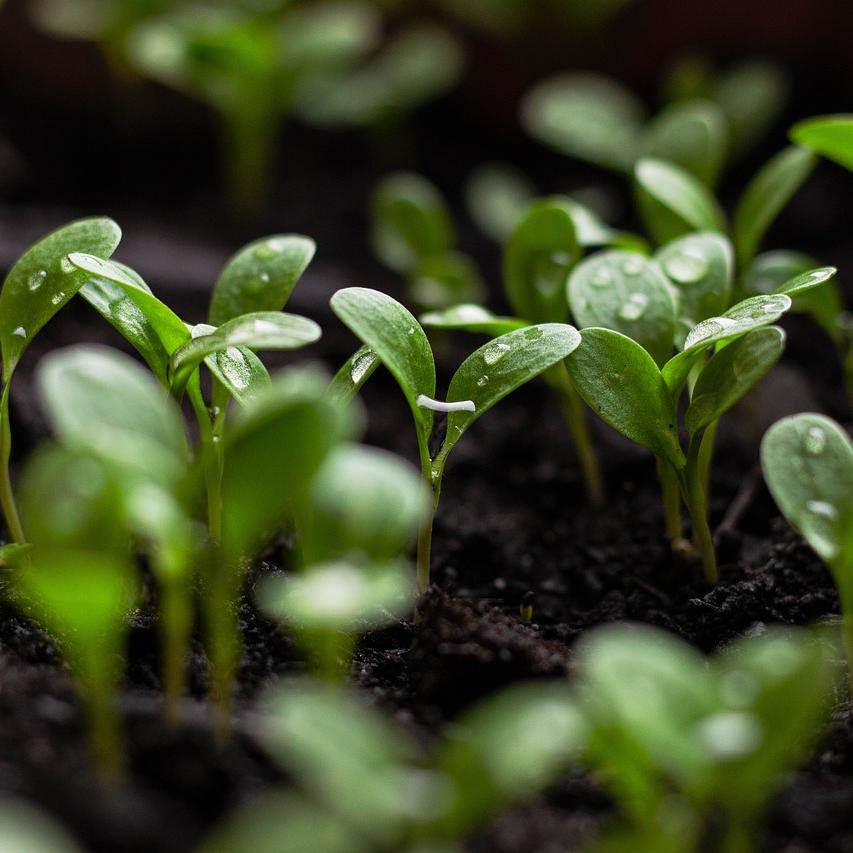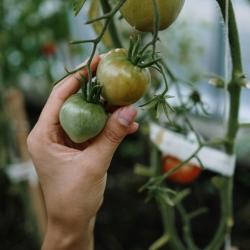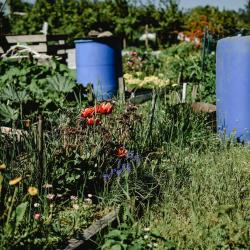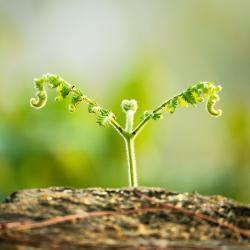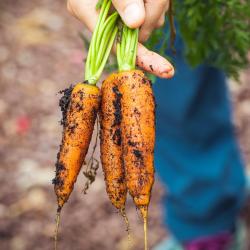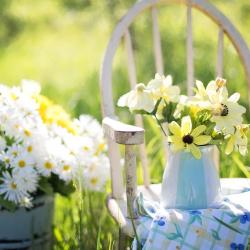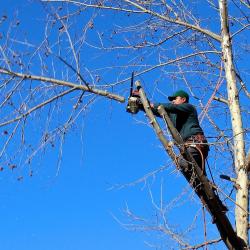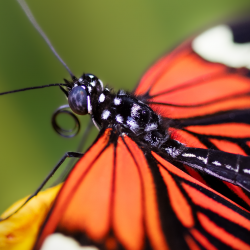How to Build a Sustainable Garden with Minimal Effort
Creating a sustainable garden is a rewarding endeavor that not only contributes to environmental health but also provides a serene and productive space for you and your family. With a bit of planning and attention, you can cultivate a garden that requires minimal maintenance yet thrives in a self-sustaining manner. Here's how you can build a sustainable garden with minimal effort.
1. Choose the Right Location
Selecting the right spot for your garden is crucial. Look for an area that receives ample sunlight, has good drainage, and is protected from strong winds. Full sunlight for at least six hours a day is ideal for most plants. Consider accessibility too – having your garden close to a water source and your home can make maintenance much easier.
2. Opt for Native and Perennial Plants
The key to a low-maintenance garden is choosing plants that naturally thrive in your climate. Native plants are accustomed to local conditions and typically require less water, fertilizer, and pest control than non-native species. Similarly, perennials, which return year after year, eliminate the need for replanting, reducing both cost and effort.
3. Invest in Healthy Soil
Healthy soil is the foundation of a sustainable garden. Start by testing your soil to determine its pH and nutrient levels. Add organic matter, such as compost or well-rotted manure, to improve soil fertility and structure. Mulching not only retains moisture but also suppresses weeds and enriches the soil as it decomposes.
4. Focus on Water Efficiency
Water is a precious resource, and conserving it is essential for a sustainable garden. Implementing drip irrigation systems or soaker hoses can direct water precisely where it’s needed, reducing wastage. Rain barrels can collect and store rainwater, providing a sustainable water source. Additionally, grouping plants with similar water needs can ensure efficient watering.
5. Create a Thriving Biodiversity
Diversifying your plant selection will attract beneficial insects, birds, and pollinators that support your garden's health. Companion planting, where certain plants are grown together for mutual benefits, can naturally deter pests. For example, marigolds can repel nematodes, while basil can deter flies and mosquitoes.
6. Implement Crop Rotation and Cover Crops
If you’re growing vegetables, practice crop rotation to prevent soil depletion and reduce pest buildup. Planting cover crops like clover or vetch during the off-season can improve soil fertility and structure, reduce erosion, and suppress weeds.
7. Utilize Mulch for Weed Control
Weeding can be labor-intensive, so using mulch is an efficient way to keep weeds at bay. Mulching also helps retain soil moisture and temperature, reducing the need for frequent watering. Organic mulches, such as straw, wood chips, and grass clippings, also decompose and enrich the soil.
8. Compost and Recycle Garden Waste
Creating a compost system for kitchen scraps and garden waste is a sustainable way to nourish your soil. Compost adds essential nutrients and organic matter, promotes beneficial microorganisms, and enhances water retention. By recycling garden waste, you reduce landfill usage and produce your own natural fertilizer.
9. Encourage Wildlife Habitats
Invite biodiversity by creating habitats for birds, insects, and small mammals. Installing a birdbath or nesting boxes, and leaving log piles for insects, can promote a balanced ecosystem. These creatures are natural pest controllers and pollinators, enhancing your garden's sustainability.
10. Continuous Learning and Observation
Finally, spend time in your garden observing changes and learning about your plants. Understanding their growth patterns, pest challenges, and nutrient needs can guide your gardening practices, making them more efficient and effective over time.
By following these steps and embracing the principles of sustainability, you can create a garden that flourishes with minimal intervention. Building a sustainable garden is not just about reducing effort; it's about nurturing an ecosystem that works harmoniously with the natural world, ensuring beauty and productivity for years to come.
